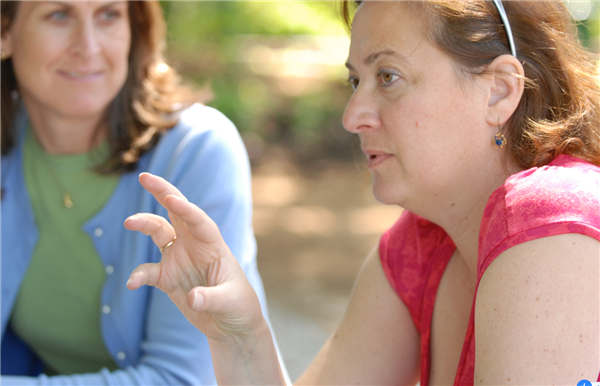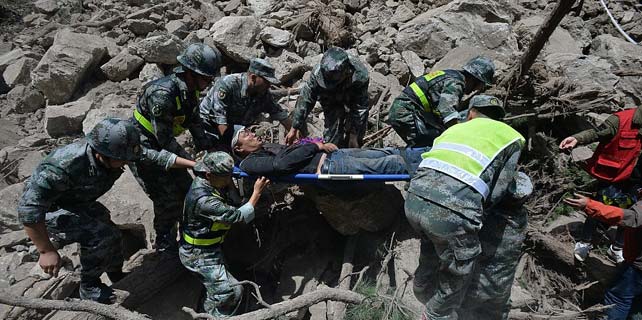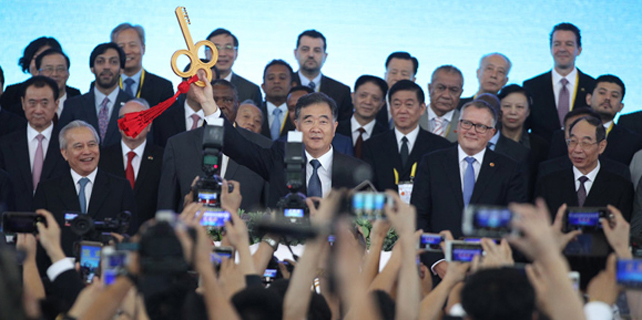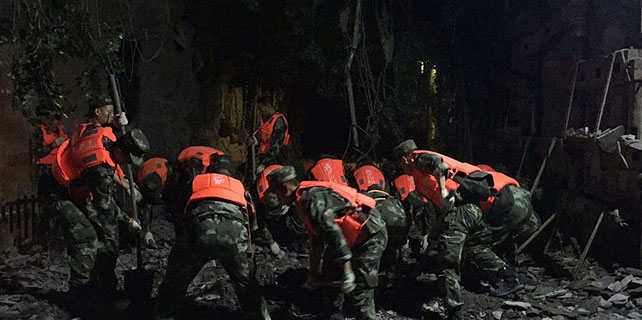US expert encourages eco-friendly investments in China
 |
|
Diane Regas, a US expert on environmental protection, says she cares about making the Belt and Road Initiative green. [Photo provided to China Daily] |
Diane Regas, executive director of the US-based Environmental Defense Fund, has recently felt more connected to China.
In June, her NGO received the approval of the Beijing Public Security Bureau to operate in China.
For the past 20 years, the NGO has been working with the Chinese government on environmental issues, such as using market mechanisms to control acid rain.
As an expert on environmental protection, Regas was invited to attend and speak at the Belt and Road Forum for International Cooperation in Beijing in May.
In her speech, she shared her long experience in the field in the hope that it may benefit green investments under the Belt and Road Initiative, she says.
Another point she made at the forum was that environmental investments should be made in line with the world's sustainable development goals and the 2015 Paris Agreement on climate change.
"The Belt and Road Initiative covers so many countries that it has the potential to have such a big impact on whether the world meets sustainable development and climate goals," she says.
"It's very important for China to look and do research to develop ideas to see how to make the investments big and consistent with the goals."
Regas joined the NGO, with its headquarters in New York, in 2006. Before that she worked for the US government's Environmental Protection Agency for more than two decades.
Regas was an adviser to former president Bill Clinton on environmental issues. She also chaired former president George W. Bush's task force on oceans.
In 2003, due to her accomplishments, she was given the Presidential Rank Award by the US government.
Regas, who is now 56, wasn't sure about what she wanted to do in the future when she went to college at age 18.
She studied Chinese history as an undergraduate student in the United States and was at Nanjing University in China for a short period thereafter.
She traveled around China to know more about the Tang Dynasty (618-907), a time of innovation in imperial China.
"Historians can teach us so much but I wanted to do things," she says.
So she went back to graduate school in the US to study environmental sciences and law, and became a lawyer and joined the US government later.
She says her drive to become an environmental advocate came from her experience as a child.
Regas grew up in Denver, a popular tourist spot due to its beautiful mountains and skiing options.
However, in the 1960s and '70s, as Regas was growing up, Denver, the largest city in Colorado, faced severe pollution and water shortage.
"When I was a child, sometimes the air pollution was so bad that we would have to stay inside (all day)," she says.
"Another thing is that we were very conscious of how precious water was because Denver is a very dry city. There was not always enough water coming from the mountains to support the city."
A young Regas saw how beautiful the mountains were as she went hiking, camping and skiing, but she also knew that people would be affected if the air wasn't clean or there wasn't enough water. "I saw the contrast and that got me started."
Now Regas cares about making the Belt and Road Initiative green.
"China is now in the leadership position, making us an encouraging set of commitments," she says of the world's climate goals.
People will ask a lot of difficult questions, including how the commitments will be implemented and other requirements consistent with sustainable development, but "that's good", she adds.
"There are things China will share with the world, and there is also a lot China can learn from the world. The two-way sharing is going to be very important."






















